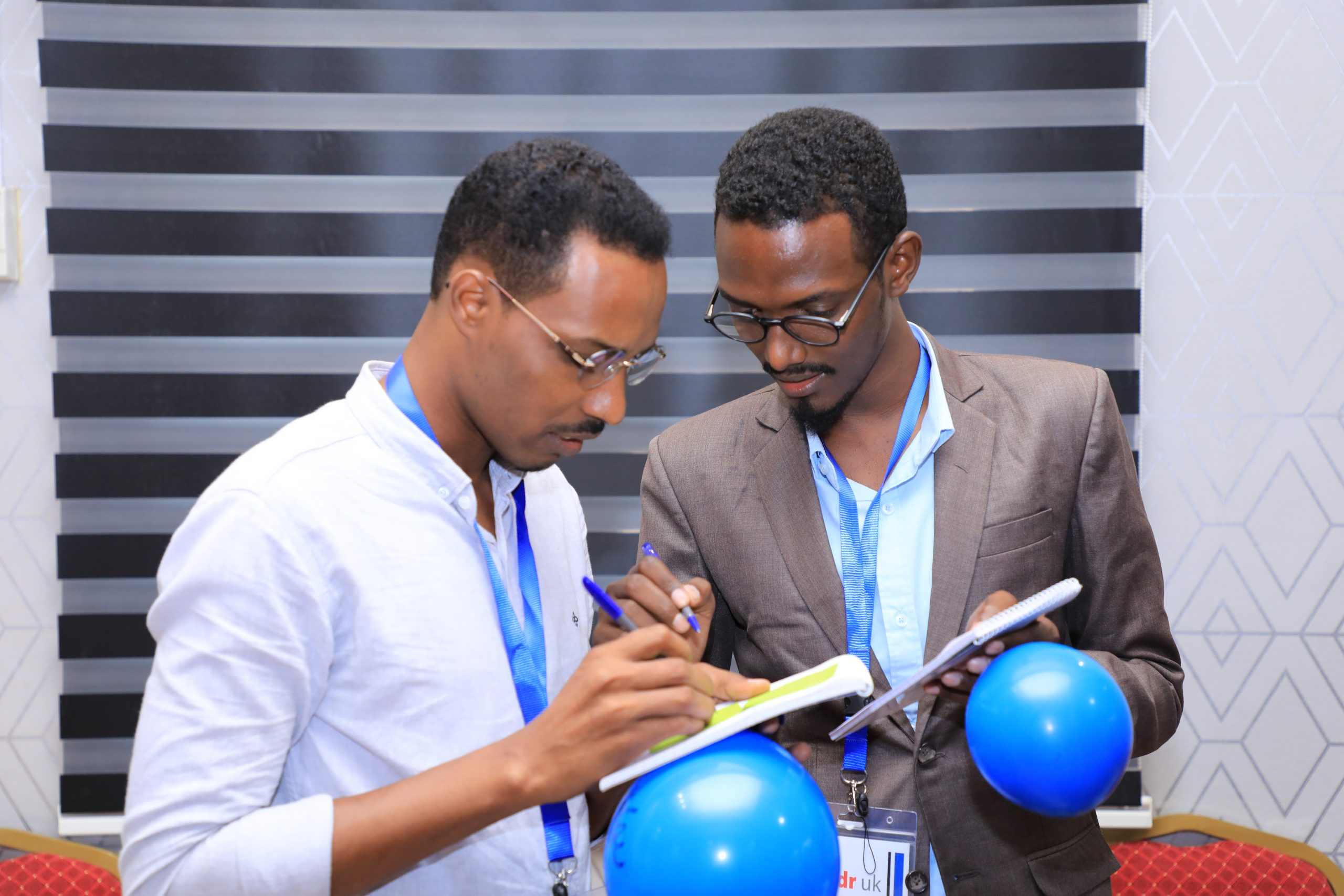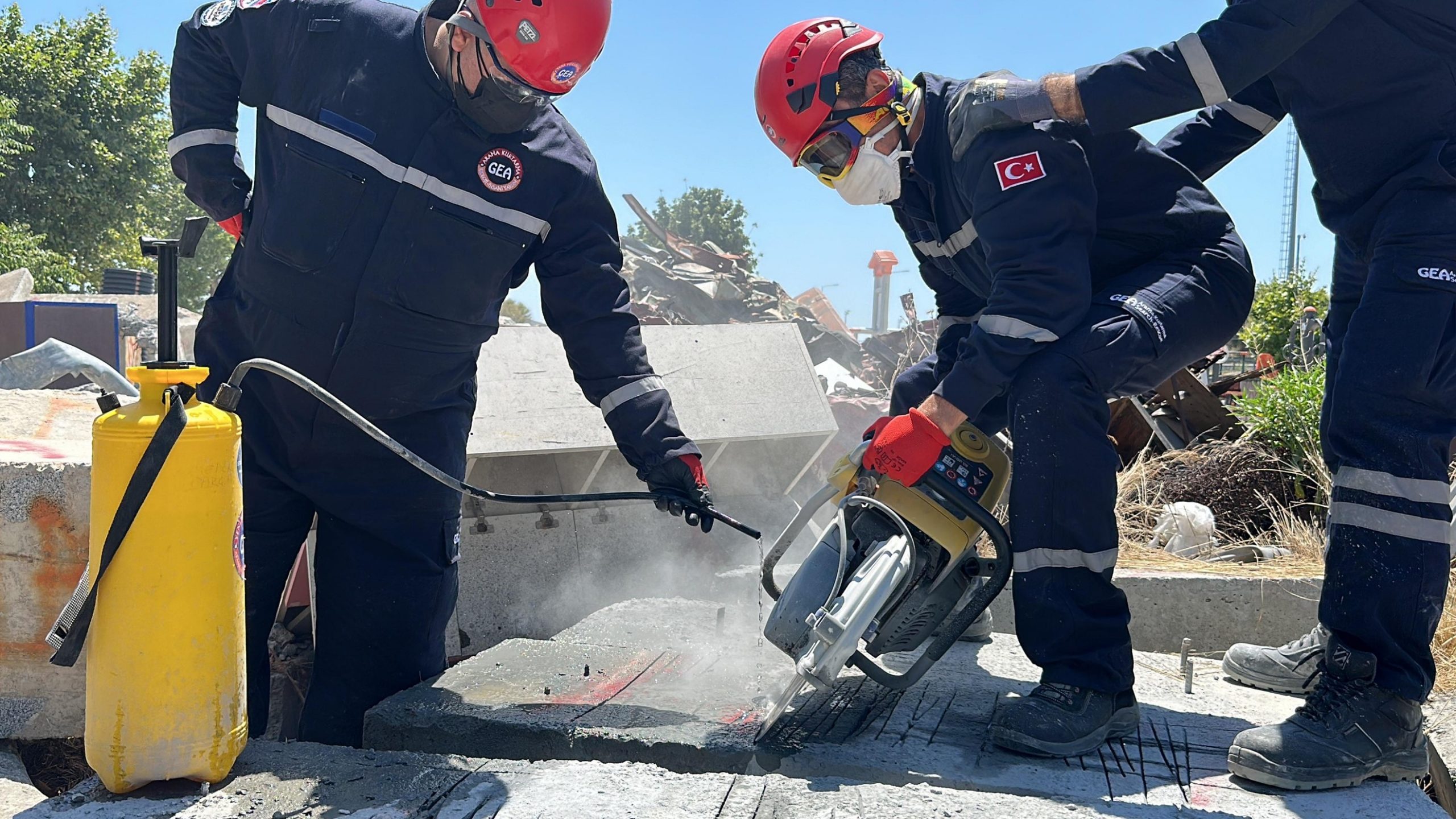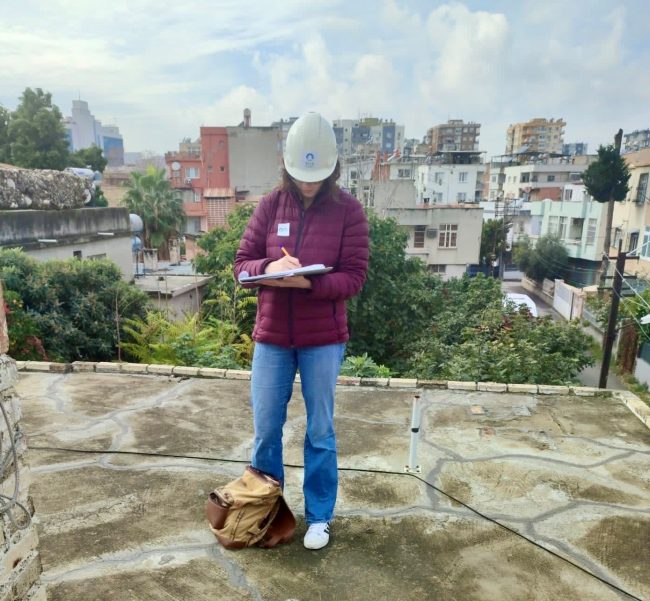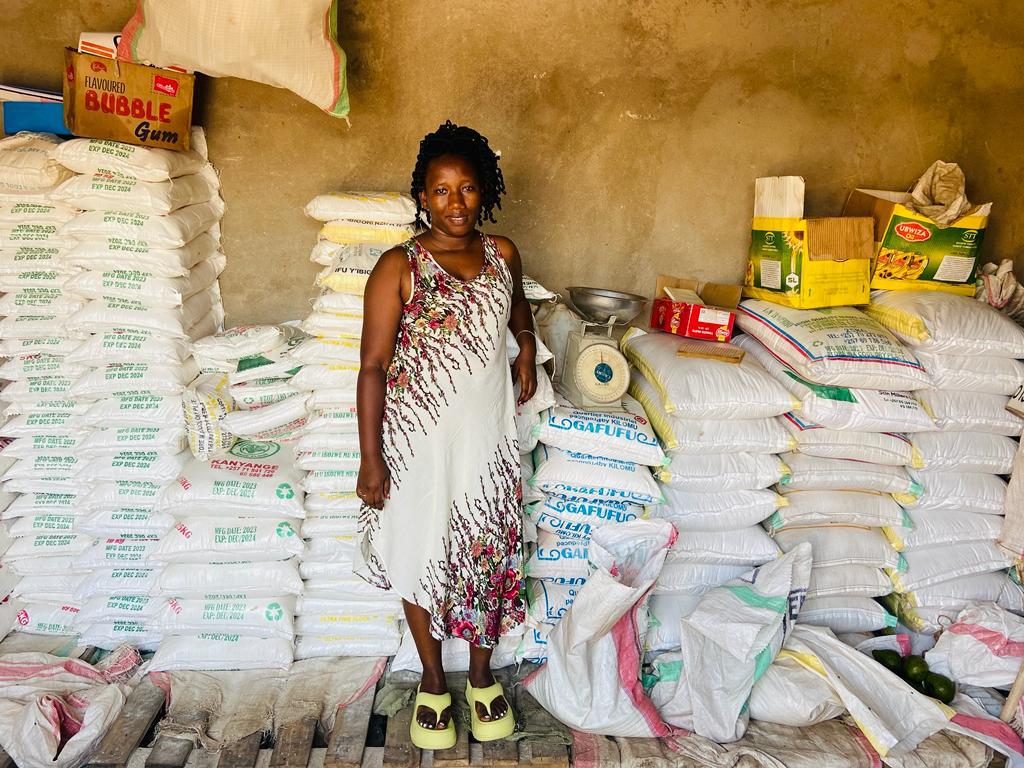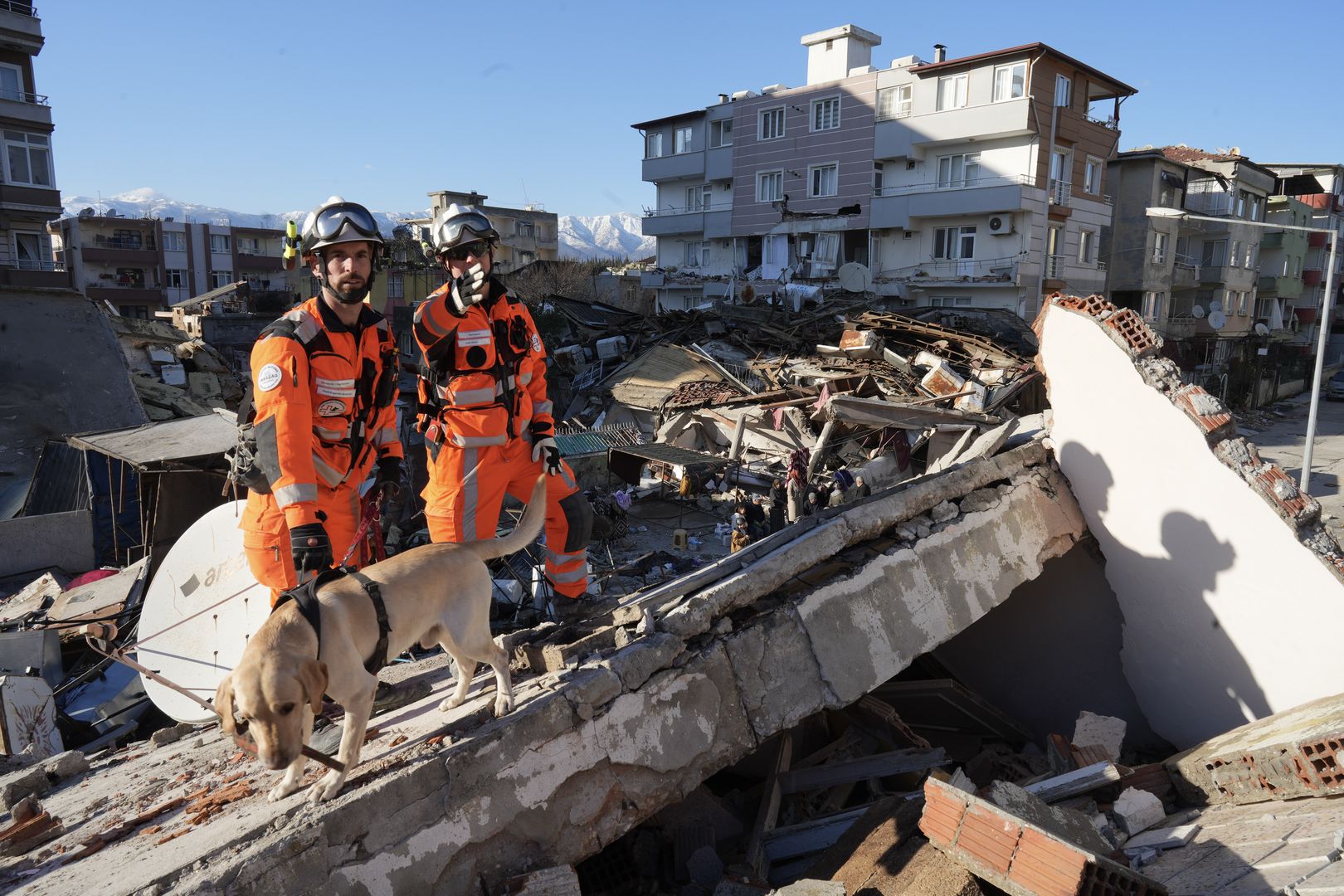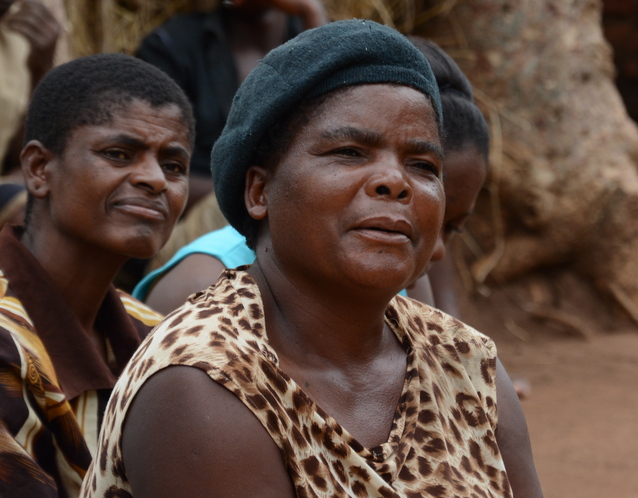
Over the last four decades, Malawi has been subject to increasing weather-related natural disasters.
It is one of the ten countries in the world most affected by the El Niño phenomenon, impacting around 1.1 million people.
This increasing vulnerability results in heavy and widespread flooding in the southern part of the country. The social and economic disruption is compounded further by the poor quality of local housing. Concerted action at a number of levels is urgently required to address the continuing risks posed by climate change.
Habitat for Humanity Malawi, with the support of the JTI Foundation, is one organization taking the lead in developing a long-term approach to the crises caused by flooding. Habitat for Humanity Malawi works in both the Chikwawa district to raise communities’ ability to recover and respond to natural disasters, and at a national level to improve Malawi’s preparedness for future flooding.
The current program has three important strands. First, facilitating the construction of better and safer dwellings. Second, working with local communities, government bodies and other stakeholders to better prepare for, withstand, and recover from, flood related disasters. Finally, the program builds Habitat for Humanity Malawi’s institutional capacity in the field of Disaster Risk Management programming. This will result in the launch of more broadly based Disaster Risk Reduction (DRR) initiatives in Malawi.
At the district level, Habitat for Humanity Malawi is training 150 local artisans in flood-affected communities about better and safer construction methods. This will help an estimated 1,500 vulnerable families, who will benefit from living in safer housing. These construction artisans will also support the most vulnerable families through building 35 model disaster resilient houses, 25 core houses and improving 29 houses through consistent retrofitting. In addition to that, 14,000 families will get advice from civil protection committees on how to build better homes.
At the national level, the project is establishing a forum to promote disaster resilient construction techniques, and a common framework for evaluating DRR policy options.
The program’s longer-term ambition is to provide models of best practice for responding to flood related disasters to share more widely in the East Africa region.
Habitat for Humanity International (HFHI) is a long-standing JTI Foundation partner, and is responsible for this program’s overall strategic direction.
Habitat for Humanity Malawi (HFHM) is a member of HFHI’s network of National Organizations, and is managing implementation of program activities on the ground.
Registered in Malawi, HFHM has worked to the benefit of over 20,000 families since it was established in 1986. In response to chronic problems associated with flooding, it is now developing a more broadly based Disaster Risk Management strategy focusing on building community preparedness, disaster recovery, and capacity building and policy change at both the local and national government level.
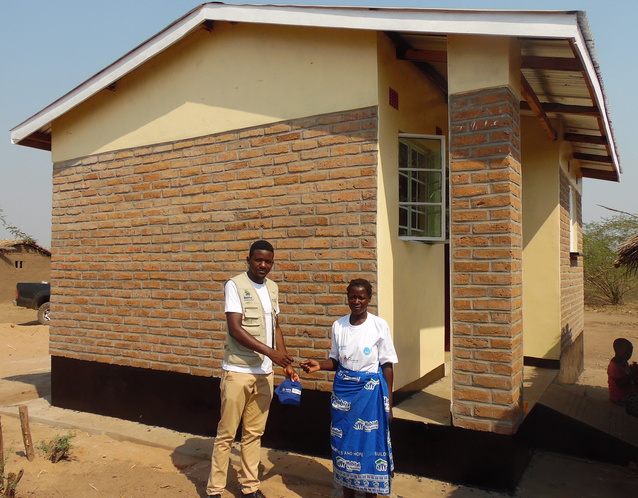
OVER 20 YEARS OF INVESTMENT IN DISASTER MANAGEMENT INITIATIVES
Countries where we have supported our partners’ work in response to a growing range of threats to life and livelihood
Million USD invested since 2001 to help communities better prepare for – and recover from – natural and man-made disasters
Projects addressing a broad range of challenges, including mine-clearance, emergency shelter, resilient housing solutions and capacity building


